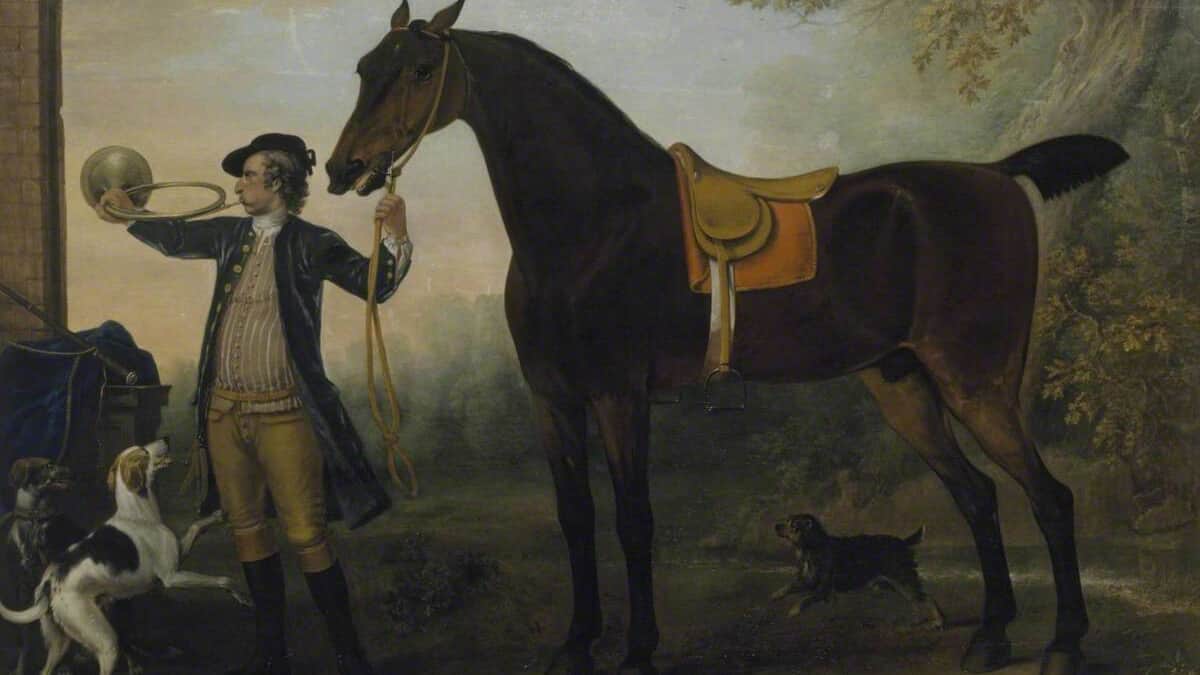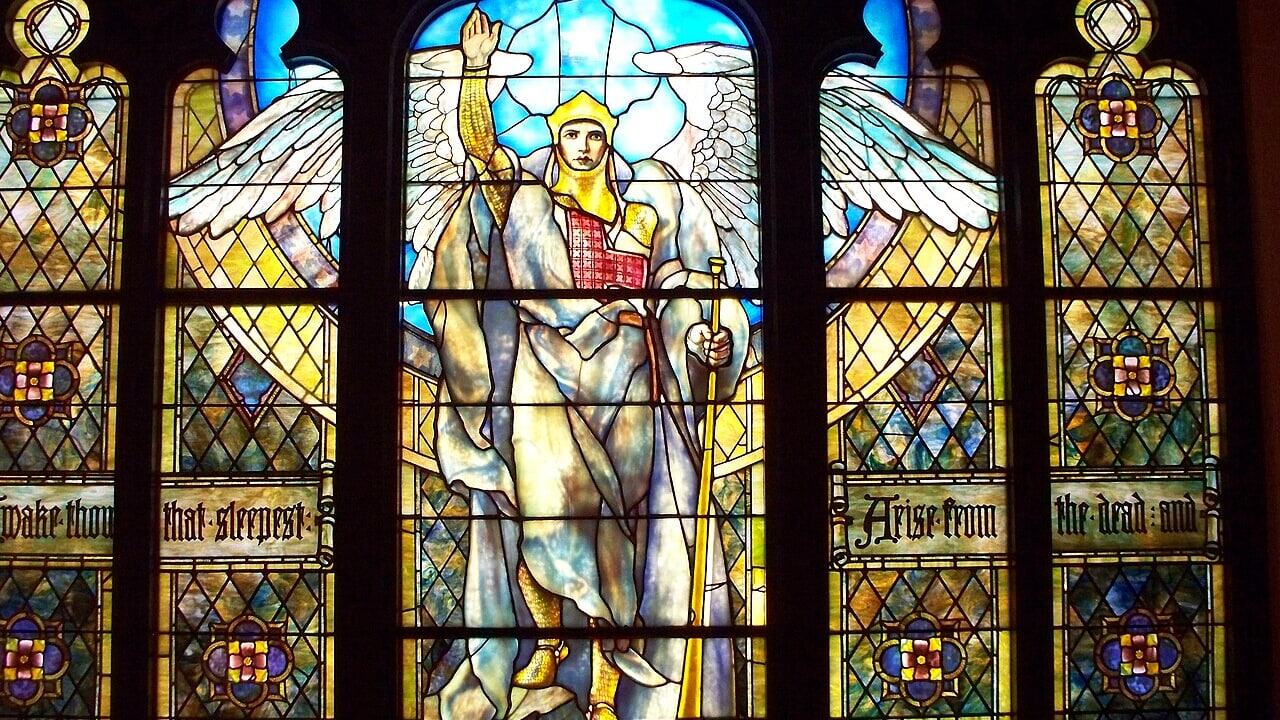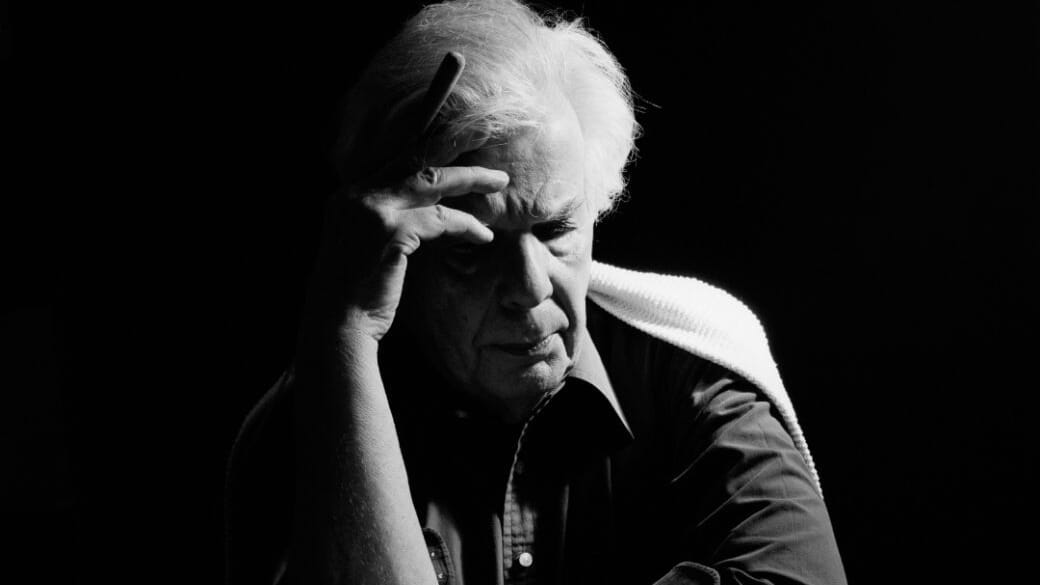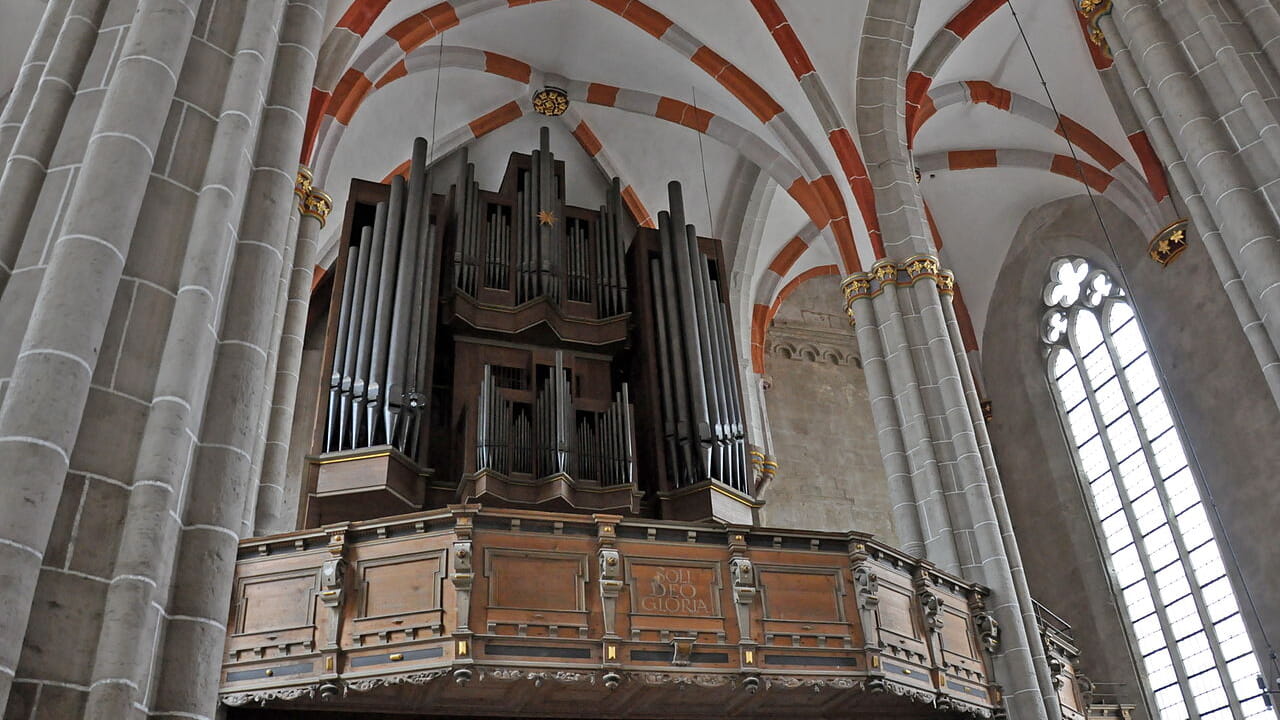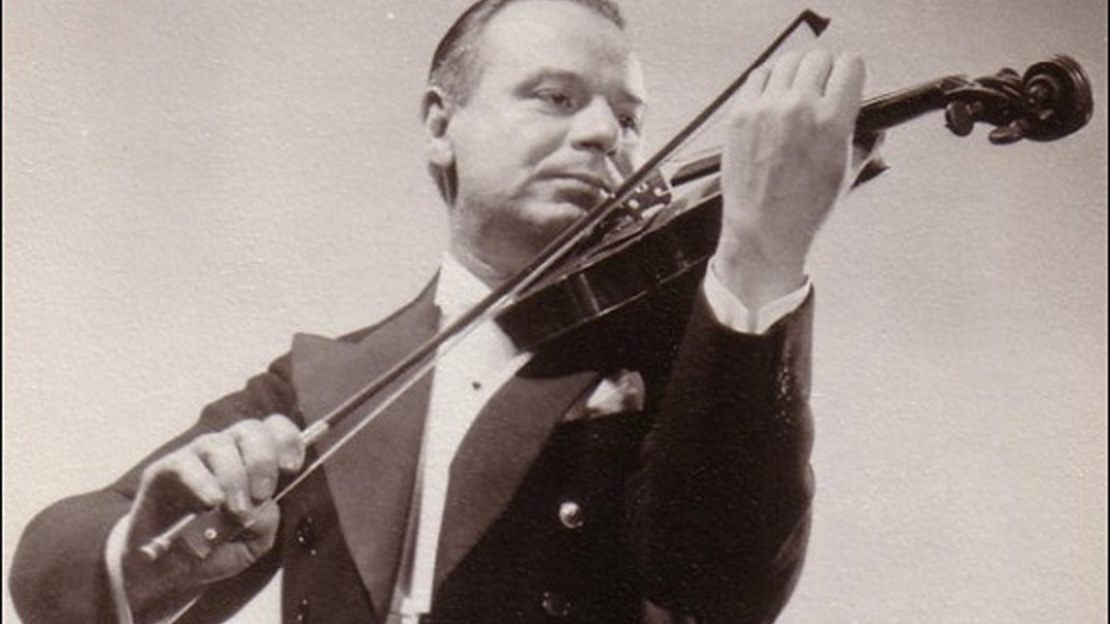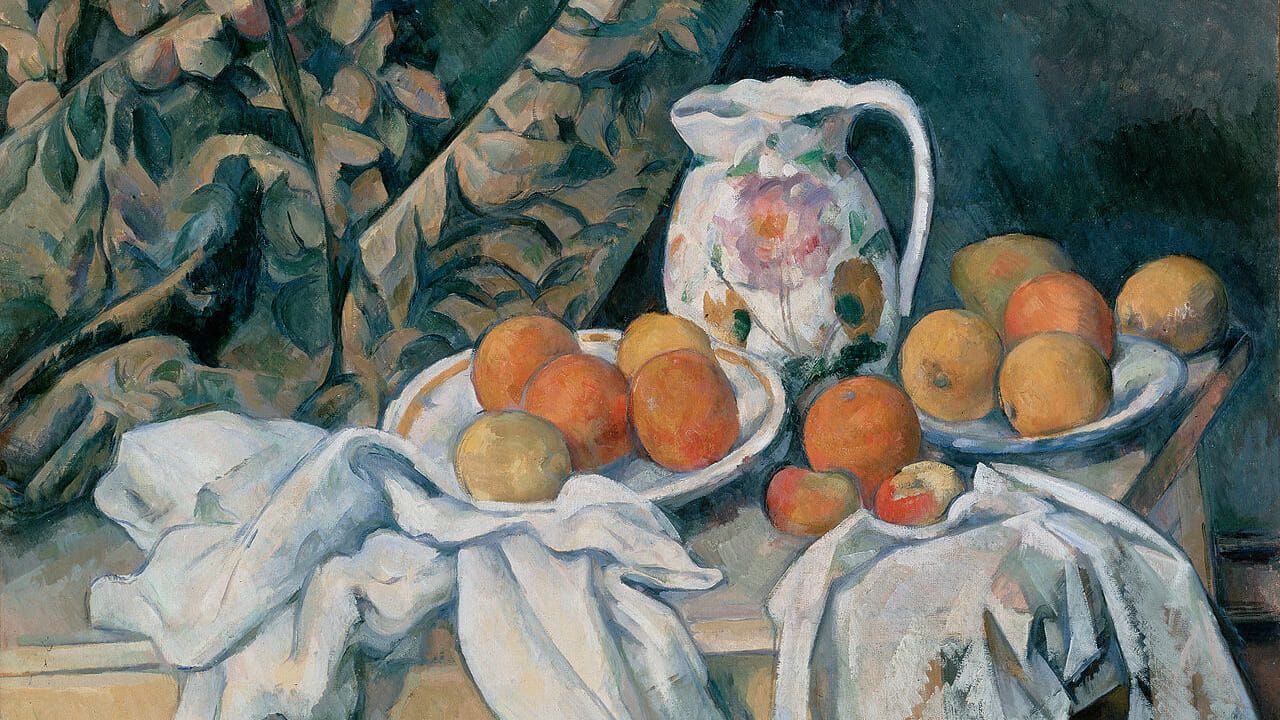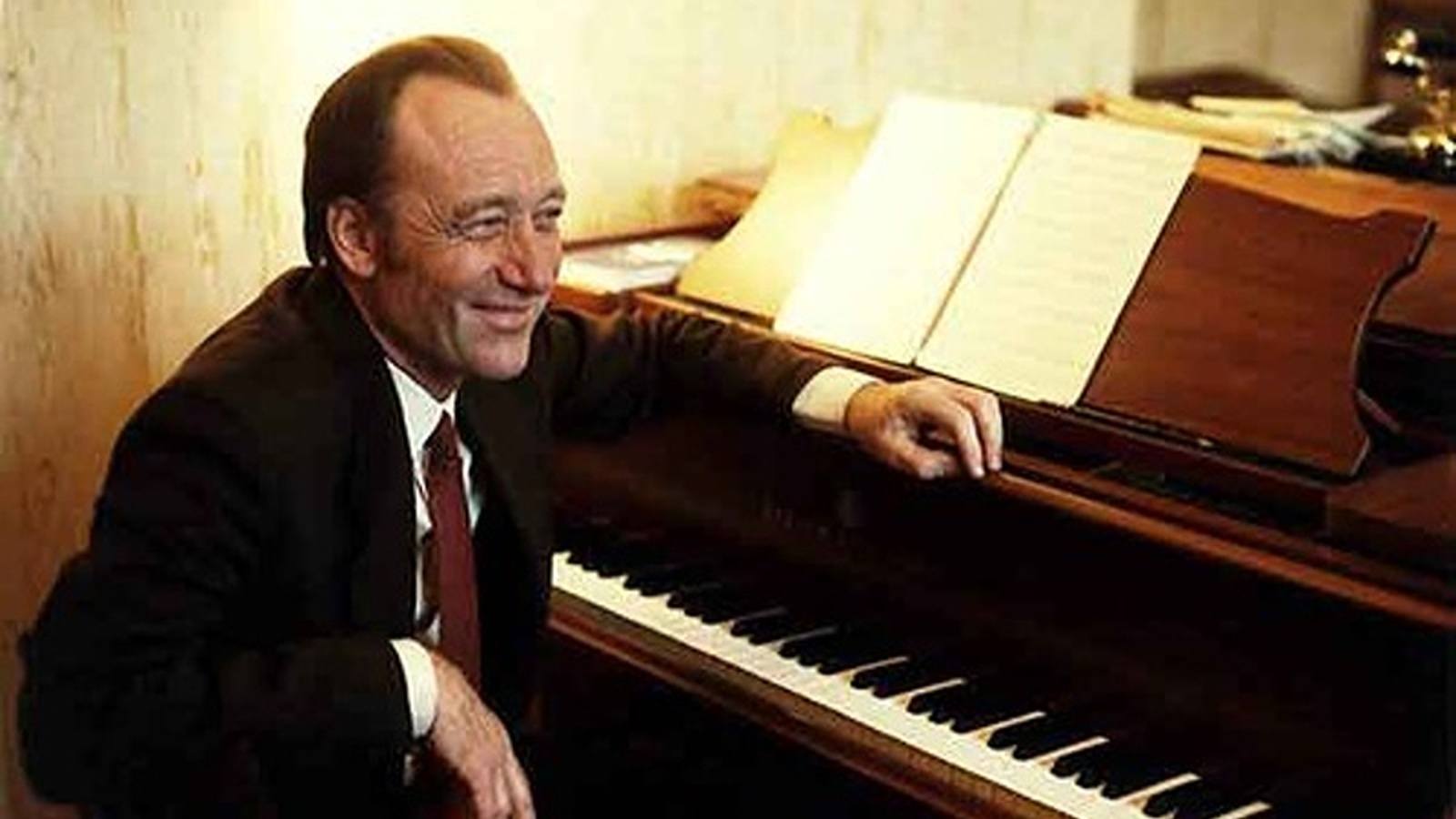Schumann’s Konzertstück for Four Horns: A Novel Showcase for an Instrument Reborn
In the early 19th century, valves began to appear on horns. It was an innovation which expanded the instrument’s virtuosic possibilities. Previously limited to a series of pitches based on the harmonic series, the horn could now glide up and down the chromatic scale. Robert Schumann took notice and was eager to exploit the new technology. He described his Konzertstück (“concert piece”) for Four Horns in F Major, Op. 86 as “something …

